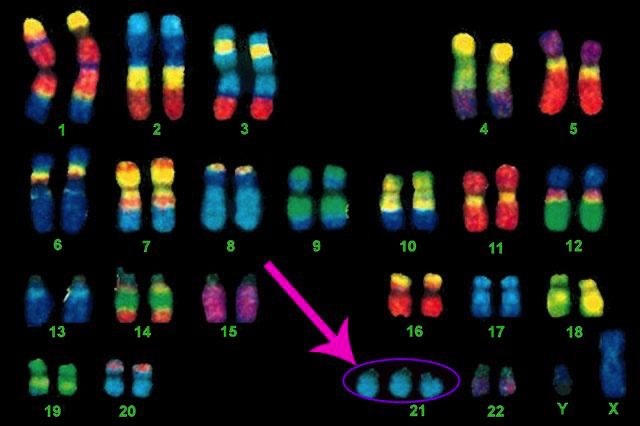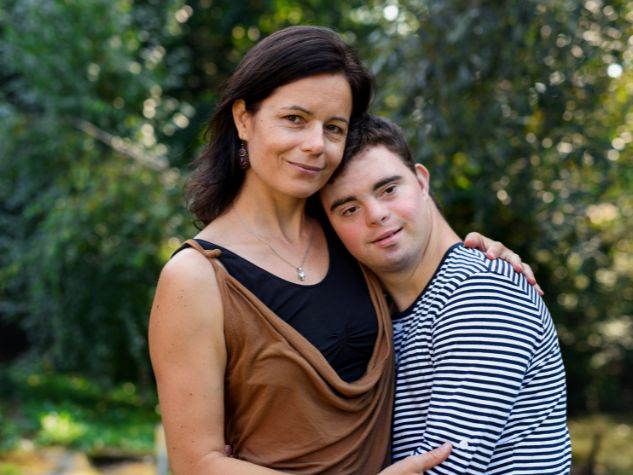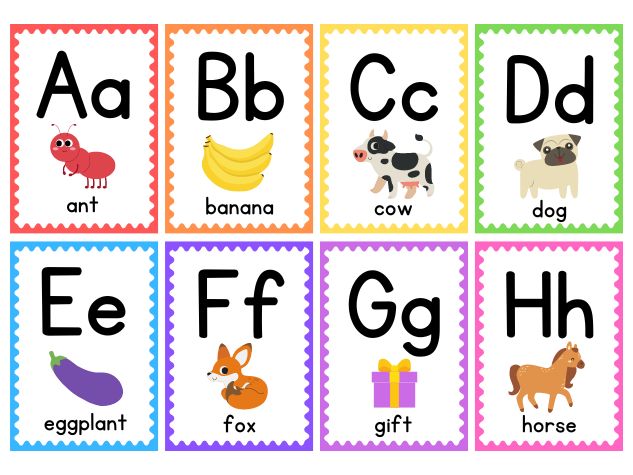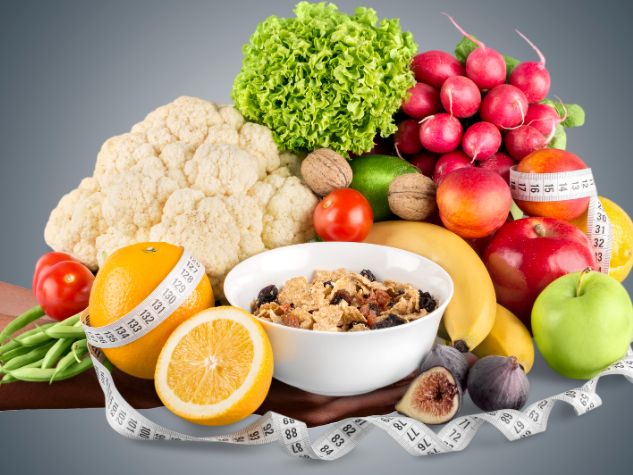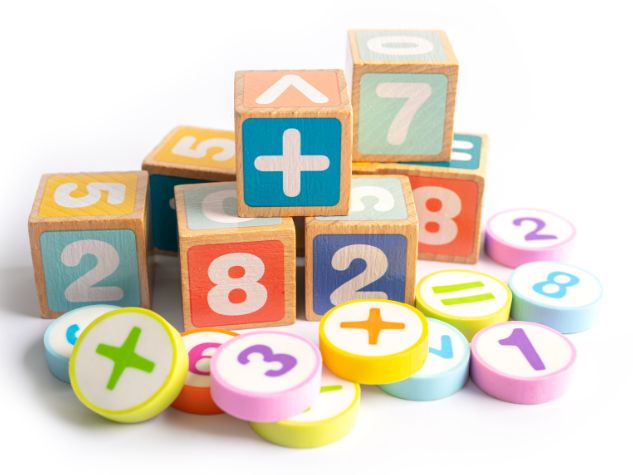New parents of children with Down’s syndrome often wonder What is Down’s syndrome?
Down’s syndrome is a genetic disorder where a person is born with an extra chromosome 21, as in the picture. Chromosomes are particles that “carry” our genetic information, and there are 23 pairs of chromosomes. One pair are the ones that indicate our sex (X and Y) and the rest are called 1 to 22. When the baby is created, it receives 23 chromosomes from the mother’s egg and 23 chromosomes from the father’s sperm, for a total of 46 chromosomes. Babies with Down’s syndrome are born with an extra chromosome 21.
This video explains it very well. Click here.
Three types of Down’s syndrome
Did you know that there are three possible types of Down’s syndrome?
- Free trisomy: This is the most common cause. The cells do not divide the genetic information equally. The egg or sperm containing 24 chromosomes (with 2 copies of chromosome 21) joins with another egg/sperm containing 23 chromosomes; forming a cell that has 47 chromosomes, with 3 chromosomes 21. This is known as Trisomy 21 and occurs randomly.
- Translocation: The egg or sperm has 23 chromosomes, but the 21st chromosome has “stuck” to another chromosome during the division process that occurs when the sperm or egg is formed. Therefore, even if the chromosome number is correct, there is “extra material” from chromosome 21. This MAY be, BUT IS NOT ALWAYS, an inherited condition, which increases the risk of having another child with Down’s syndrome. Doctors will probably want to test you for this possibility.
- Mosaicism: It does not affect all cells, so the baby will have cells with 46 chromosomes as well as 47 chromosomes. The baby started out with 46 chromosomes, however later free trisomy took place causing some cells to have 3 copies of chromosome 21. This occurs randomly.
